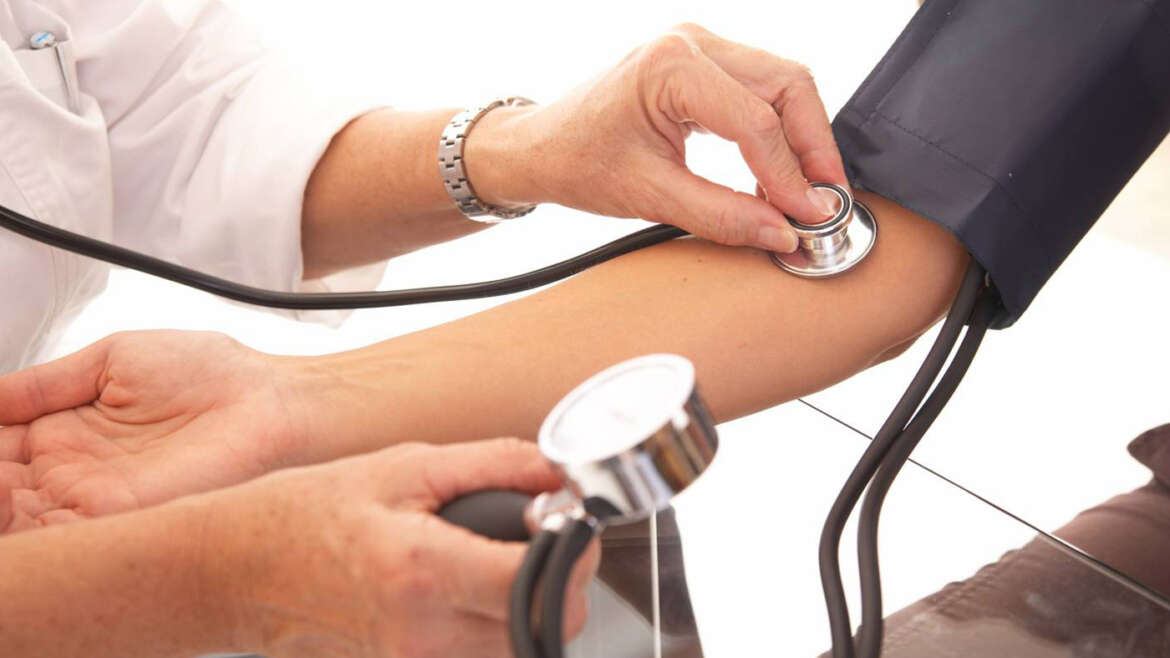Crohn’s Disease is a chronic disease of unknown origin, that often causes several flare-ups within the intestines several times over a lifetime. Crohn’s Disease usually involves the small bowel in the lower part, known as the ileum. In some cases of Crohn’s, both the small and large intestine are affected. The inflammation can affect any part of the digestive tract.
Symptoms
A patient may experience one or more of the following symptoms:
• Abdominal pain
• Rectal bleeding
• Changes in bowel habits (usually diarrhea, but occasionally constipation)
• Weight loss
• Fever
• Fissures, abscesses and fistulas of the anorectum
• Occasionally other organs are involved, such as the skin, joints, liver and eyes
Diagnosis
Diagnosis of Crohn’s disease requires the following:
1. Your surgeon will ask for a complete medical history and will perform a thorough physical examination.
2. Your surgeon may order a series of tests that will help to confirm a diagnosis of Crohn’s disease. These may include:
• Blood tests
• Stool culture
• Upper endoscopy . In this test, the patient is usually given a mild sedative so s/he is sleeping. Using an endoscope, a flexible tube with a camera and light on the tip, your doctor can examine the esophagus, stomach and upper gastrointestinal tract.
• Upper GI series with small bowel follow-through. In this test, the patient swallows chalky liquid called barium. An X-ray is taken at intervals to show outlines of different parts of the bowel. If any abnormality is identified, your doctor may order further tests.
• Colonoscopy. This test is similar to an upper endoscopy, except that the anus, rectum and colon are examined using a colonoscope, a flexible tube with a camera and light at the tip. Your doctor can examine the lining of the colon carefully, looking for signs of disease and sometimes taking biopsies.
Treatment
Treatment for Crohn’s Disease can be managed through medications and/or colon and rectal surgery. Medications are used to counter symptoms of Crohn’s Disease. Surgery is reserved for complications such as obstruction or fistula formation with infection. Generally, only involved portions of the bowels are operated on when all other treatment methods fail.
No medical cure exists. Patients with Crohn’s Disease have a higher risk of cancer, and must have routine check-ups for the rest of their lives.
If symptoms persist call Gastrocure in West Orange, NJ at 973-736-1112 to schedule an appointment


